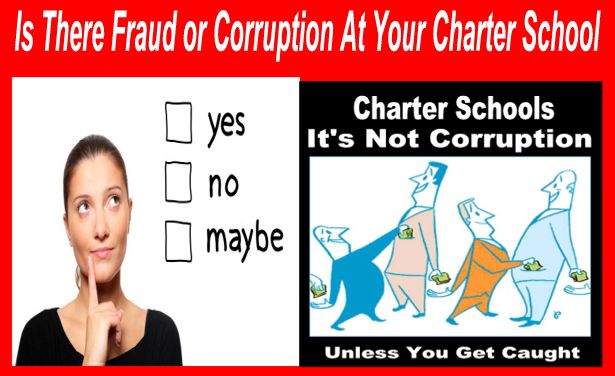As Scandals Plague Charter Schools, Calls for Oversight Grow
Allegations of fiscal mismanagement at a now-defunct charter school in Kansas City. Questions in New Orleans about how taxpayer dollars are allocated and spent at charters. Sweetheart dealsamong charter officials in Rochester, New York, and charges that a flagship New York City charter is kicking out students who need the most help.
Once hailed as a solution for struggling public schools—and still a favorite, education reform advocates, ambitious politicians, investment bankers, and some parents—charter schools from New York to New Orleans have made for ugly headlines recently, bad news that trails behind the industry like the tail of a high-flying kite.
Given other longstanding problems, including charges of de facto segregation and accusations that charters cherry-pick the best students for more favorable test scores, some public school advocates are asking whether it’s time for increased oversight of charter schools. It’s an ironic idea, given that freedom from bureaucracy was a founding principle of the charter movement. And some education experts say provisions in the new federal Every Student Succeeds Act are a step in that direction.
Charter school advocates “argued for removing many if not most of the rules and regulations around schools because they saw those as unnecessary impositions,” that hindered academic performance, explains Christopher Lubienski, a professor at the University of Illinois.
When the movement launched nearly 20 years ago, charter school advocates envisioned publicly funded schools run by independent organizations, particularly in poor and underserved districts, where teachers would be encouraged to innovate in the classroom without asking permission from state or local education authorities. “But, as the saying goes, you might not want to tear down a fence until you know the reason why it was put up,” explains Lubienski.
According to a report released last year from the National Alliance for Public Charter Schools, a nonprofit advocacy group, more than 6,700 public charter schools enrolled about 2.9 million students nationwide during the 2014-2015 school year. But although 500 new charter schools opened that school year, 200 also closed their doors.
“These schools closed for a variety of reasons, including low enrollment, financial concerns, and low academic performance. The public charter school model gives charters the freedom to be more innovative while being held accountable for improving student achievement,” wrote the report’s authors. “Charter schools that do not meet the needs of its students should be closed. The school closures during this school year provide evidence that the accountability part of the As Scandals Plague Charter Schools, Calls for Oversight Grow - Yahoo News:




